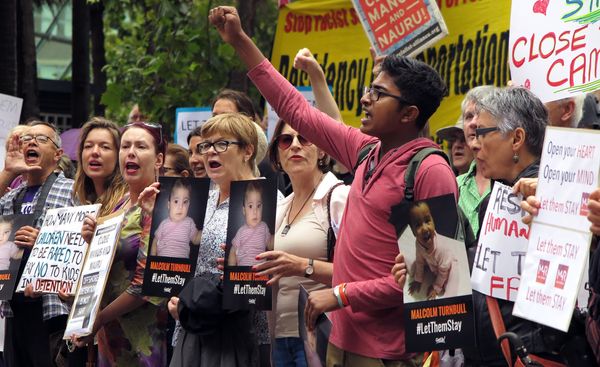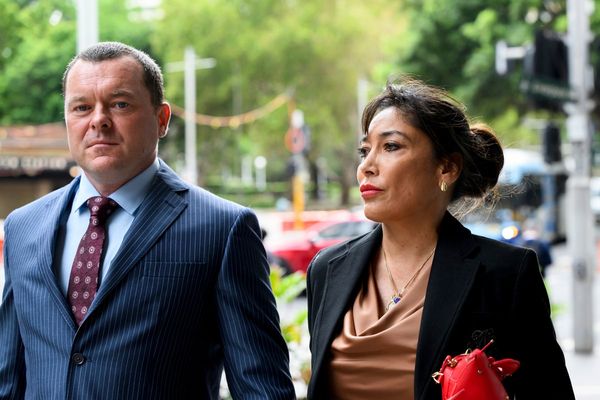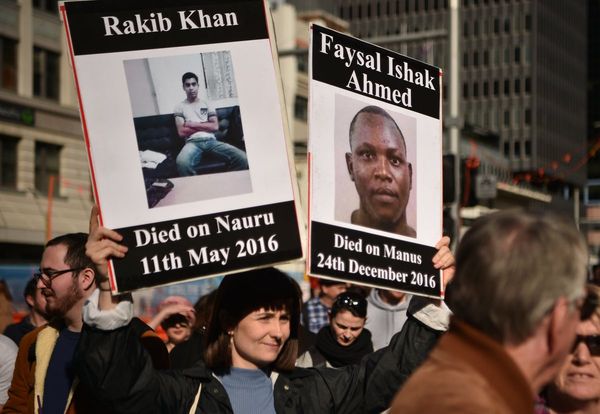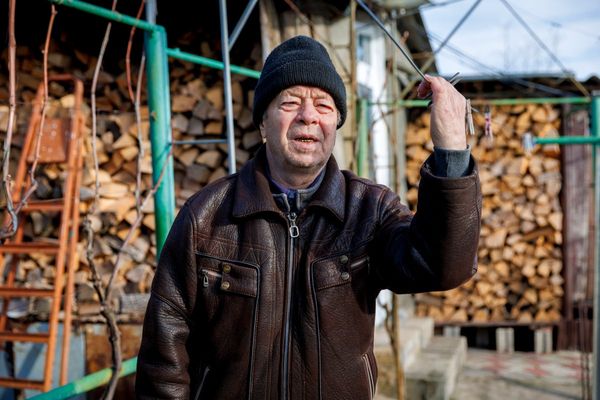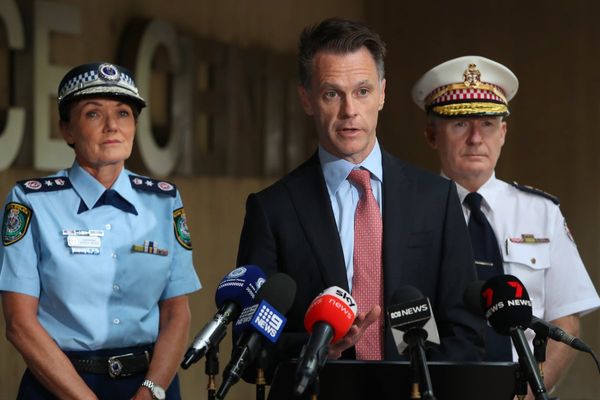
The disability royal commission has turned its attention to the treatment and experiences of Indigenous people with disability in remote communities.
Barriers to accessing the National Disability Insurance Scheme and disability services will be among the issues examined during the inquiry’s five day sitting in Alice Springs.
“There are about 66000 First Nations people with a profound or severe disability,” the inquiry’s chair, Ronald Sackville QC, said during his opening remarks on Monday.
Of those, about 11 per cent or roughly 7,000 people live in remote or very remote areas, according to Australian Bureau of Statistics data on Aboriginal and Torres Strait Islander health.
Mr Sackville said 34 per cent of Indigenous NDIS applicants are assessed as ineligible for the scheme compared to 28 per cent of applicants who said they were not First Nations people.
Applicants living in remote and very remote areas are also found to be ineligible to participate in the scheme at a higher rate than those in the major cities.
“These figures perhaps suggest that some First Nations people with disability in remote and very remote areas are not being correctly assessed,” he said.
The Royal Commission into Violence, Abuse, Neglect and Exploitation of People with Disability will also consider whether barriers to support cause or contribute to violence, abuse, neglect and exploitation of Indigenous people with disability.
The inquiry will hear from 13 witnesses from west Arnhem Land, Tennant Creek, Alice Springs, Fitzroy Crossing and Thursday Island.
Mr Sackville said evidence would be heard about the difficulties facing Indigenous people attempting to navigate the NDIS system.
This includes the complexity and bureaucratic nature of the scheme which are compounded by linguistic, cultural and literacy barriers.
The inquiry will also be told about the lack of qualified and knowledgeable service providers and culturally appropriate services in remote and very remote areas.
Mr Sackville said NDIS officials were aware of the problems faced by Indigenous people with disability in remote communities and they would give evidence about the scheme’s strategies to overcome these.
The inquiry will also hear evidence about the distrust experienced by many First Nations people towards institutional care.
“Distrust arising from both personal and historical experiences,” Mr Sackville said.
This includes colonisation, dispossession, racism and intergenerational trauma that compound the distrust associated with endemic poverty and the lack of decent housing in many remote communities, he said.
The hearing continues.
